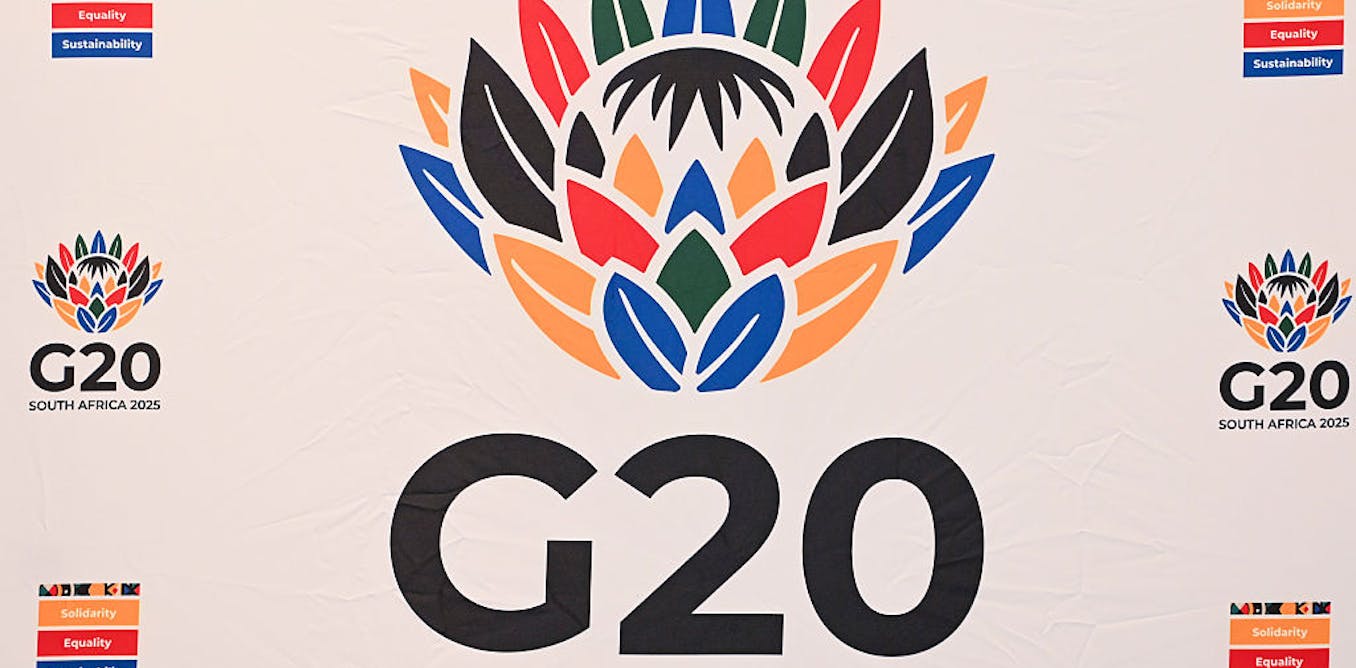Now Reading: G20 is too elite. There’s a way to fix that though – economists
-
01
G20 is too elite. There’s a way to fix that though – economists
G20 is too elite. There’s a way to fix that though – economists

Is the G20 truly the premier forum for international economic cooperation? Scholars specializing in global economic governance express doubt about this assertion. They raise concerns regarding the lack of representation within the G20, which is a self-selected group consisting of only 19 countries and the European and African Unions. The G20 lacks a mandate to act on behalf of the international community and lacks transparent mechanisms for engaging with non-participating actors who have a stake in its decisions.
The current global landscape, marked by increasing tensions, underscores the need to enhance the effectiveness of the G20. Countries are showing diminishing interest in global cooperation, wealthy nations are reducing official development assistance, failing to meet climate commitments, and avoiding discussions on financing sustainable development in inclusive forums like the United Nations. The scholars emphasize the urgency for the G20 to address these challenges.
They suggest that the G20’s exclusivity and informal nature hinder its ability to tackle major global issues effectively, such as the economic and health impacts of the COVID-19 pandemic. To address these shortcomings, they propose adopting a governance model similar to the Financial Stability Board, which includes a systematic effort to engage with non-members and regional consultative groups to ensure broader representation and global perspectives in decision-making.
As the current chair of the G20, South Africa is in a strategic position to advocate for reforms that promote greater inclusivity and transparency within the group. By establishing regional consultative groups and fostering dialogue with neighboring regions, the G20 can enhance its accountability and better address the diverse challenges facing the global community. This approach could empower smaller and weaker members of the G20 to voice their concerns effectively and contribute meaningfully to the group’s decision-making processes.






